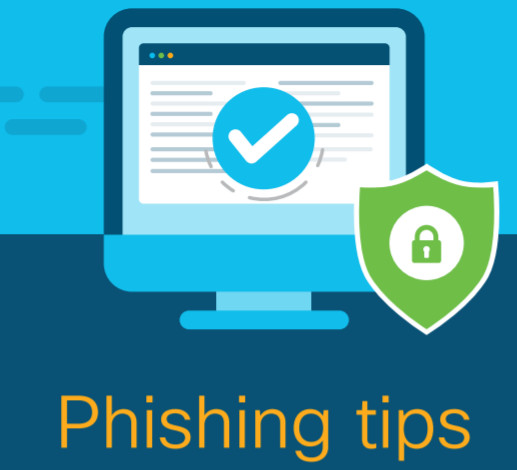In today’s digital landscape, phishing emails pose a significant threat to individuals and organizations alike. Here are expert phishing email tips to help you stay vigilant and protect yourself against phishing attacks:
1. Verify Sender Information: Always scrutinize the sender’s name and email address, especially if they’re unfamiliar. Avoid interacting with emails from unknown or suspicious sources.
2. Exercise Caution with Urgency: Be wary of emails marked as “urgent” or requiring immediate action. Phishers often use urgency to pressure recipients into making hasty decisions.
3. Watch for Red Flags: Take note of any spelling or grammar mistakes in the email content. Legitimate organizations typically maintain professional communication standards.
4. Be Cautious of Generic Greetings: Phishing emails often use generic greetings like “dear sir/ma’am.” Genuine communications from reputable sources are more personalized.
5. Question Unbelievable Offers: If an email promises incredible deals or rewards that seem too good to be true, it’s likely a phishing attempt. Exercise skepticism and avoid falling for bait.
6. Verify Links Before Clicking: Hover over links in emails to inspect their destination URLs. Ensure they lead to secure websites (https://) before clicking, as phishing links often redirect to malicious sites.
7. Guard Personal and Financial Information: Never disclose sensitive information, such as passwords, credit card details, or social security numbers, in response to email requests. Legitimate organizations won’t ask for such information via email.
8. Avoid Unsolicited Links and Attachments: Refrain from clicking on links or downloading attachments from unsolicited emails. These could contain malware or lead to phishing websites aiming to steal your data.
By staying vigilant and following these expert strategies, you can better protect yourself from falling victim to phishing scams. Remember to always prioritize caution and skepticism when interacting with emails, especially those from unfamiliar sources.

